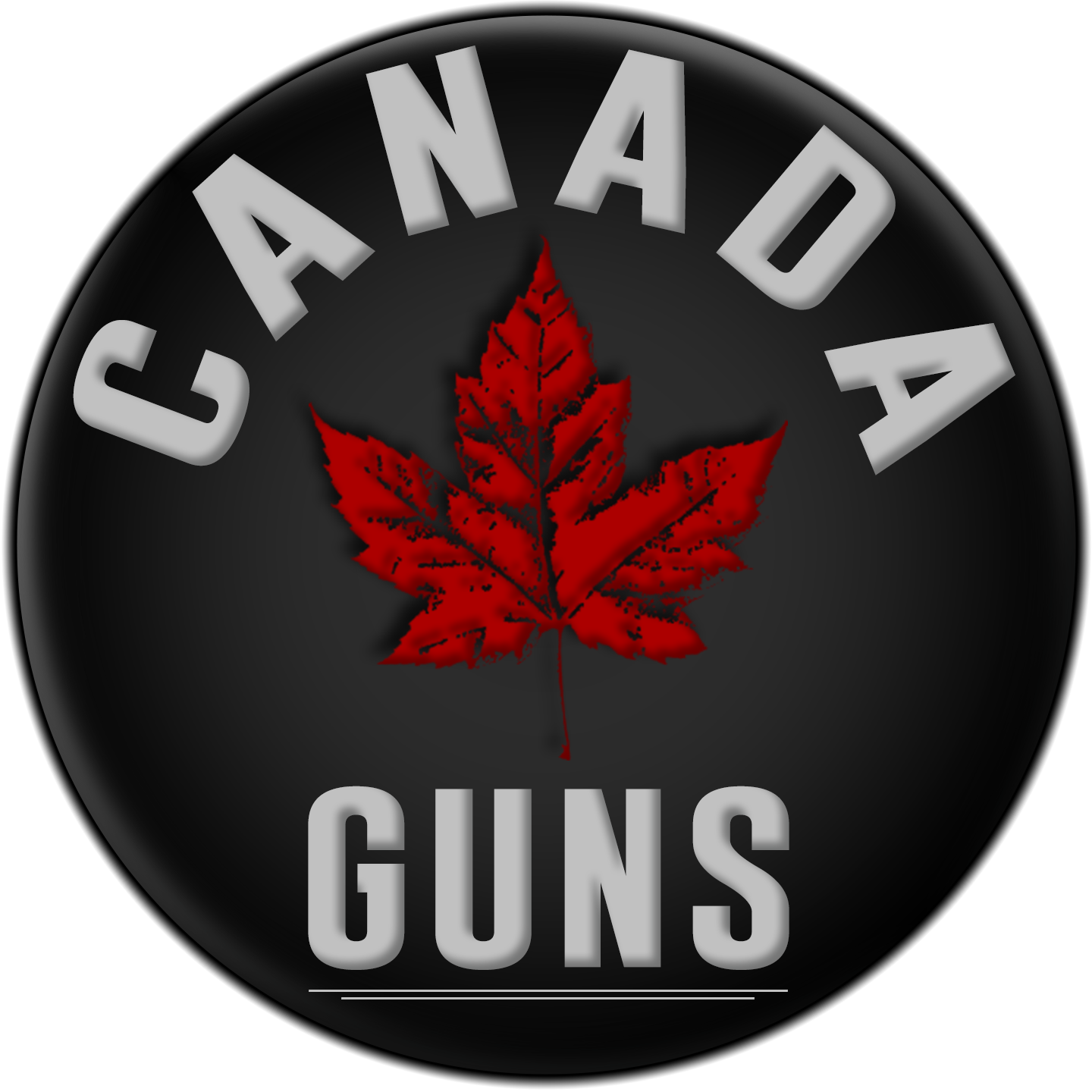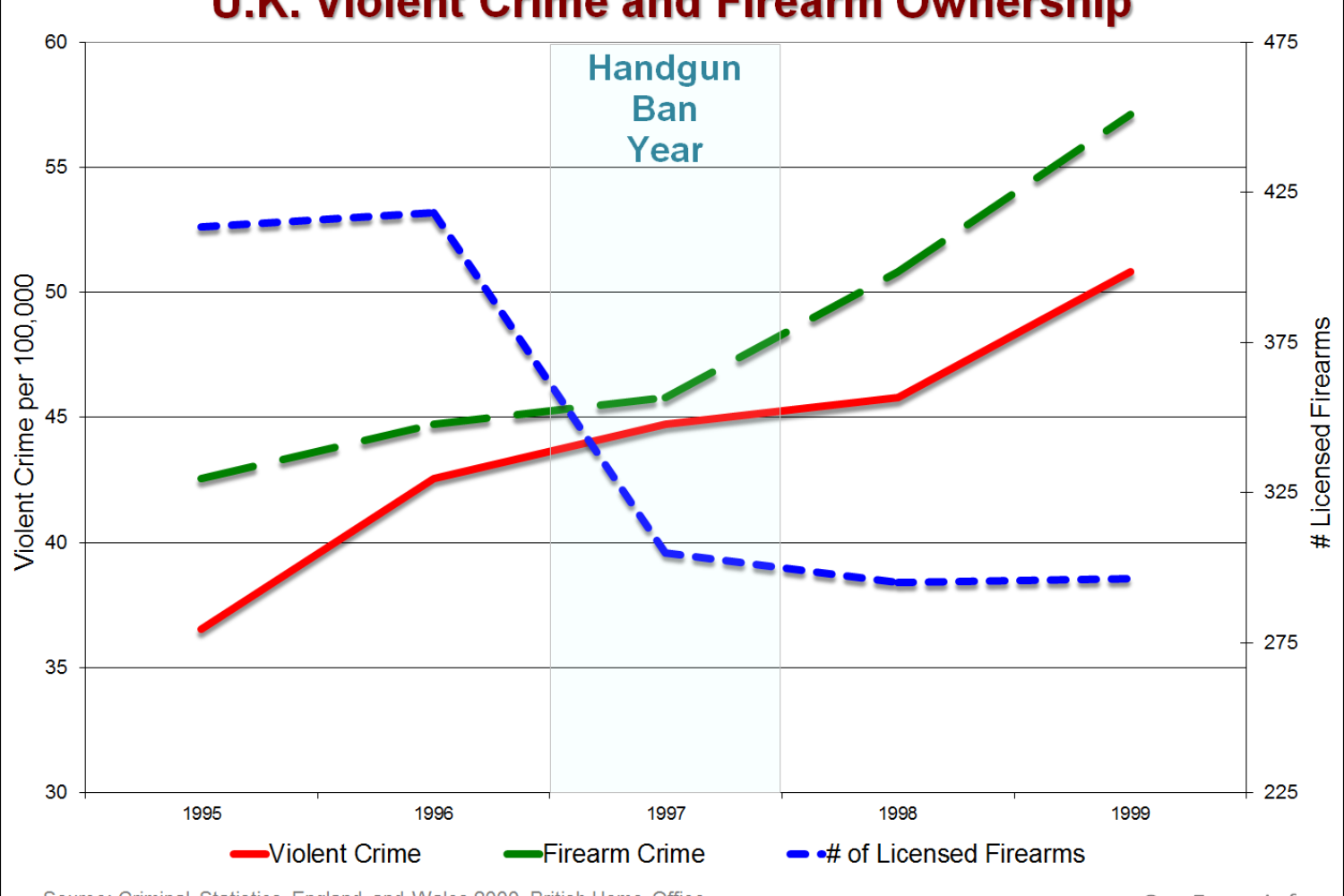In recent years, firearms legislation in Canada has been a focal point of national debate, often framed as a battle between public safety and individual freedoms. The Liberal government has implemented increasingly restrictive gun control measures under the stated goal of reducing gun crime. However, many Canadians—including law-abiding gun owners, hunters, and sports shooters—view these measures as not only ineffective but also a misguided approach that unfairly targets responsible citizens while failing to address the root causes of gun violence. With a potential shift in government on the horizon, a Conservative government may provide an opportunity to restore fairness and logic to Canada’s firearms policies, bringing them back to their more balanced state prior to 2016.
The Current Landscape: A Surge in Restrictions
Under Prime Minister Justin Trudeau’s Liberal government, gun control measures have dramatically tightened. In May 2020, the government issued an Order-in-Council banning over 1,500 models of firearms, including many popular sporting and hunting rifles. This sweeping prohibition was introduced in the wake of the tragic mass shooting in Nova Scotia, despite the fact that the perpetrator used illegally acquired firearms, a detail that underscores the inadequacy of targeting licensed gun owners as a response to criminal activity.
Subsequent legislation, such as Bill C-21, aimed to further restrict firearm ownership by introducing mandatory buybacks for banned firearms and prohibiting the transfer of handguns. These measures have been met with widespread criticism from firearms advocacy groups, legal experts, and rural communities, who argue that they unfairly penalize lawful gun owners while doing little to address the issue of illegal guns, which are responsible for the majority of gun-related crimes in Canada.
Why Current Legislation Fails to Reduce Gun Crime
The primary failing of Canada’s recent firearms legislation lies in its inability to address the true sources of gun crime. The vast majority of firearm-related homicides in Canada are committed with illegally smuggled firearms from the United States. Despite this well-documented fact, Liberal policies have focused almost exclusively on restricting the activities and property of licensed gun owners, who are already subject to extensive background checks, mandatory training, and regular screenings.
For example, the ban on “assault-style” firearms—a term with no consistent legal definition—targeted firearms that were rarely, if ever, used in crimes. Instead of addressing gang violence or enhancing border security to prevent gun smuggling, the government diverted resources to seize legally owned property. This misallocation of resources not only fails to reduce gun crime but also creates an adversarial relationship between the government and law-abiding citizens.
Statistics bear out the ineffectiveness of these measures. According to data from Statistics Canada, gun crime has not significantly decreased in the years following the introduction of stricter gun laws. In fact, firearm-related homicides reached a 30-year high in 2022, with much of the increase attributable to gang violence and the use of illegally obtained firearms. These trends indicate that the current approach is not only failing but may also be exacerbating the problem by focusing on the wrong targets.
The Case for Rolling Back Legislation
For firearms policy to be effective, it must strike a balance between public safety and the rights of responsible gun owners. The firearms legislation in place before 2016 was already among the most stringent in the world, requiring comprehensive licensing, safe storage practices, and strict oversight. Despite this, Canadian sports shooters, hunters, and collectors were able to pursue their passions without undue interference from the government.
Rolling back legislation to this pre-2016 framework would restore fairness and respect to Canada’s firearms policies while allowing law enforcement to focus on genuine threats. Instead of targeting licensed gun owners, resources could be directed toward measures that have a proven track record of reducing gun crime, such as enhancing border security to intercept smuggled firearms, increasing funding for anti-gang initiatives, and improving community-based interventions.
The Conservative Vision for Firearms Reform
A Conservative government has the potential to bring much-needed reform to Canada’s firearms policies. Under the leadership of Pierre Poilievre, the party has expressed a commitment to respecting the rights of law-abiding gun owners while taking meaningful action against gun crime. Key elements of this vision could include:
- Reversing the May 2020 Firearms Ban: By repealing the Order-in-Council that banned over 1,500 models of firearms, a Conservative government would restore access to sporting and hunting rifles unjustly classified as “assault-style” weapons.
- Ending the Handgun Transfer Freeze: Allowing legal handgun ownership to continue under the existing rigorous licensing system would ensure that sports shooters and collectors are not unfairly penalized.
- Scrapping the Buyback Program: Redirecting funds from the costly and unpopular mandatory buyback program toward initiatives that combat gun smuggling and organized crime would yield far greater returns for public safety.
- Strengthening Border Security: By investing in technologies and personnel to detect and intercept smuggled firearms, Canada could significantly reduce the flow of illegal guns into the country.
- Supporting Community Programs: Addressing the root causes of gun violence, such as poverty, lack of education, and social disenfranchisement, through community-based programs would provide a long-term solution to the problem.
Restoring Balance and Trust
Firearms legislation in Canada should be based on evidence and respect for citizens, not fearmongering or political expediency. Law-abiding gun owners have been unfairly vilified and burdened by policies that fail to address the actual sources of gun crime. By restoring the firearms framework to its pre-2016 state, a Conservative government could repair the strained relationship between the government and the firearms community, ensuring that public safety measures are both effective and fair.
At its core, this issue is about trust: trust in Canada’s firearms owners to act responsibly, trust in law enforcement to target criminal elements effectively, and trust in policymakers to create legislation rooted in fact, not ideology. With a thoughtful and balanced approach, Canada can achieve the twin goals of protecting public safety and preserving the rights of its citizens.
As Canadians head to the polls in the next federal election, the future of firearms legislation will undoubtedly be a key issue. For those who believe in evidence-based policy and the fundamental rights of law-abiding citizens, the promise of a Conservative government offers a hopeful path forward.




